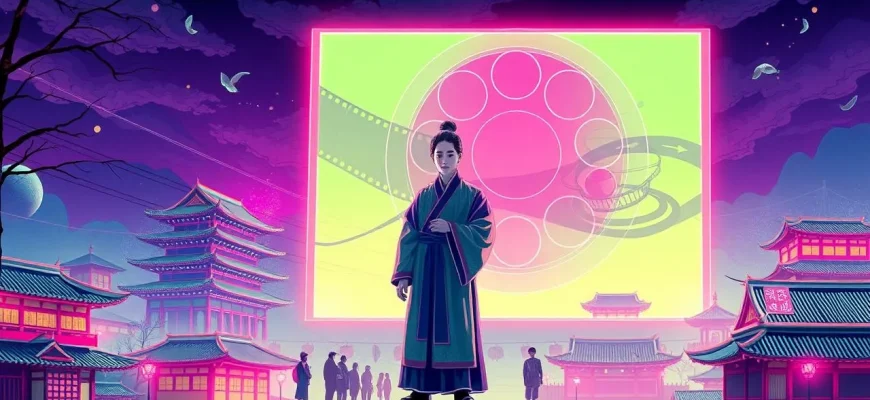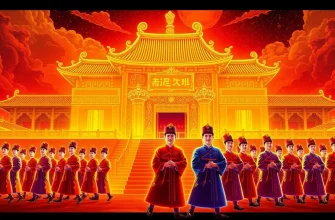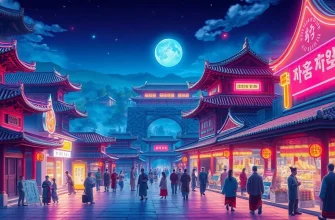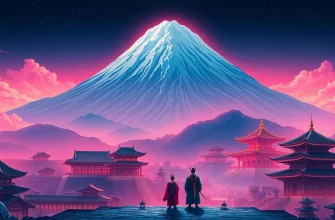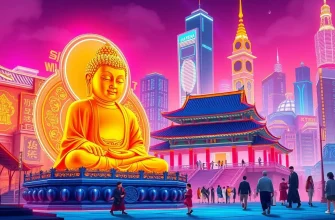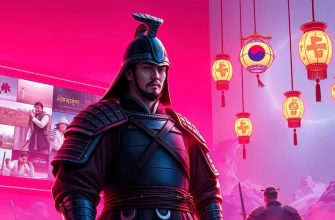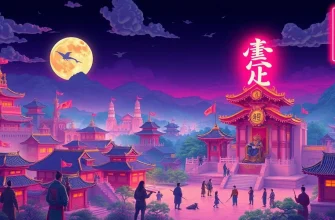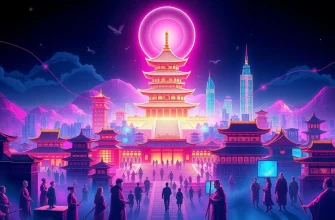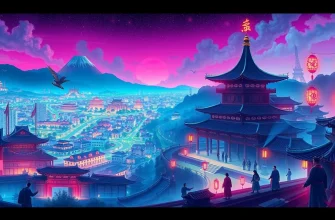Korean cinema has a unique way of blending historical narratives with cultural depth, offering viewers a window into the past that is both educational and visually stunning. This curated selection of 10 historical films about Korean culture not only entertains but also provides a profound understanding of Korea's rich heritage, traditions, and pivotal moments in its history. Each film in this list has been chosen for its ability to transport you back in time, showcasing the beauty and complexity of Korean culture through the lens of cinema.
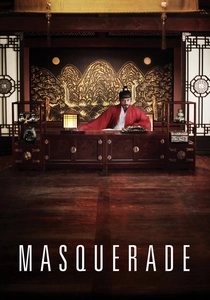
Masquerade (2012)
Description: Set during the Joseon Dynasty, this film explores the political intrigue when a commoner impersonates King Gwanghae to protect him from assassination attempts, offering a unique perspective on royal life and governance.
Fact: The film was praised for its historical accuracy and the lead actor's dual role performance.
 Watch Now
Watch Now
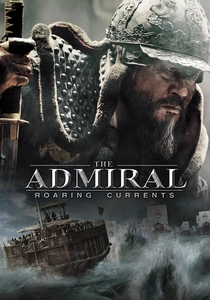
The Admiral: Roaring Currents (2014)
Description: This epic war film recounts the legendary Battle of Myeongnyang, where Admiral Yi Sun-sin, with just 12 ships, defeated a much larger Japanese fleet. It's a testament to Korean naval strategy and heroism.
Fact: It became the highest-grossing film in South Korea at the time of its release, surpassing even Hollywood blockbusters.
 Watch Now
Watch Now
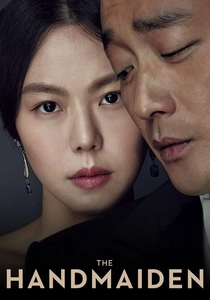
The Handmaiden (2016)
Description: Although not strictly historical, this film is set in 1930s Korea under Japanese rule, exploring themes of deception, love, and betrayal, offering a unique cultural perspective.
Fact: It was directed by Park Chan-wook, known for his intricate storytelling and visual style.
 Watch Now
Watch Now
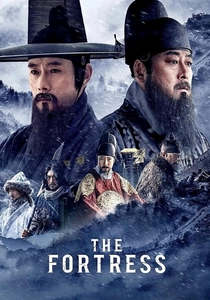
The Fortress (2017)
Description: Based on the Qing invasion of Joseon, this film focuses on the siege of Namhansanseong, showcasing the struggle for survival and the moral dilemmas faced by those in power.
Fact: It was adapted from a novel by Kim Hoon, known for his historical fiction.
 Watch Now
Watch Now
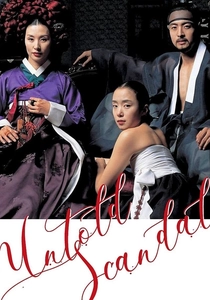
Untold Scandal (2003)
Description: A Korean adaptation of "Les Liaisons Dangereuses," set in the Joseon Dynasty, this film explores themes of seduction, power, and revenge, offering a unique cultural twist to the classic story.
Fact: It was one of the first Korean films to gain international recognition for its adaptation of a Western classic into a Korean historical context.
 30 Days Free
30 Days Free
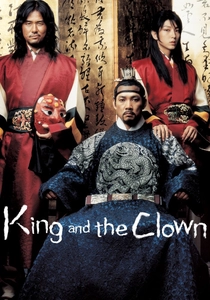
The King and the Clown (2005)
Description: This film delves into the lives of two clowns during the Joseon Dynasty, highlighting their relationship with King Yeonsan, known for his tyrannical rule. It's a poignant exploration of power, love, and the arts in historical Korea.
Fact: The film was a massive box office hit in South Korea, becoming the highest-grossing film of
 30 Days Free
30 Days Free
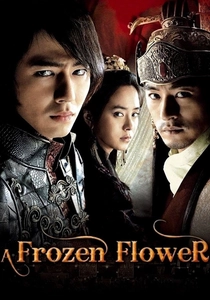
A Frozen Flower (2008)
Description: Set during the Goryeo Dynasty, this film tells the story of a forbidden love between the king, his wife, and his male lover, highlighting the complexities of love, loyalty, and political intrigue.
Fact: It was one of the first Korean films to openly depict homosexuality, sparking both controversy and discussion.
 30 Days Free
30 Days Free
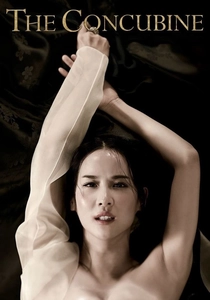
The Concubine (2012)
Description: This film portrays the life of Hwa-yeon, a woman chosen to become the concubine of the King, navigating the treacherous waters of palace politics and personal desires.
Fact: The film was noted for its lavish costumes and sets, providing a visually rich depiction of the Joseon Dynasty.
 30 Days Free
30 Days Free
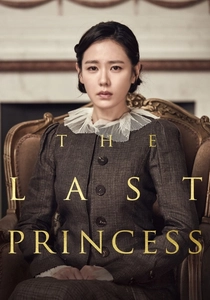
The Last Princess (2016)
Description: This film follows the life of Princess Deokhye, the last princess of the Korean Empire, detailing her life in Japan and her eventual return to Korea, reflecting on the impact of Japanese colonization.
Fact: The film was shot in both Korea and Japan to accurately depict the historical settings.
 30 Days Free
30 Days Free
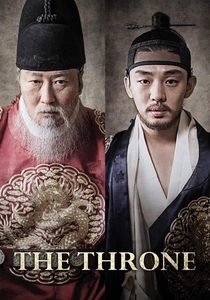
The Throne (2015)
Description: This tragic tale focuses on the relationship between King Yeongjo and his son, Crown Prince Sado, exploring themes of filial piety, duty, and the harsh realities of royal succession.
Fact: The film was inspired by the real-life events that led to the tragic end of Crown Prince Sado.
 30 Days Free
30 Days Free

